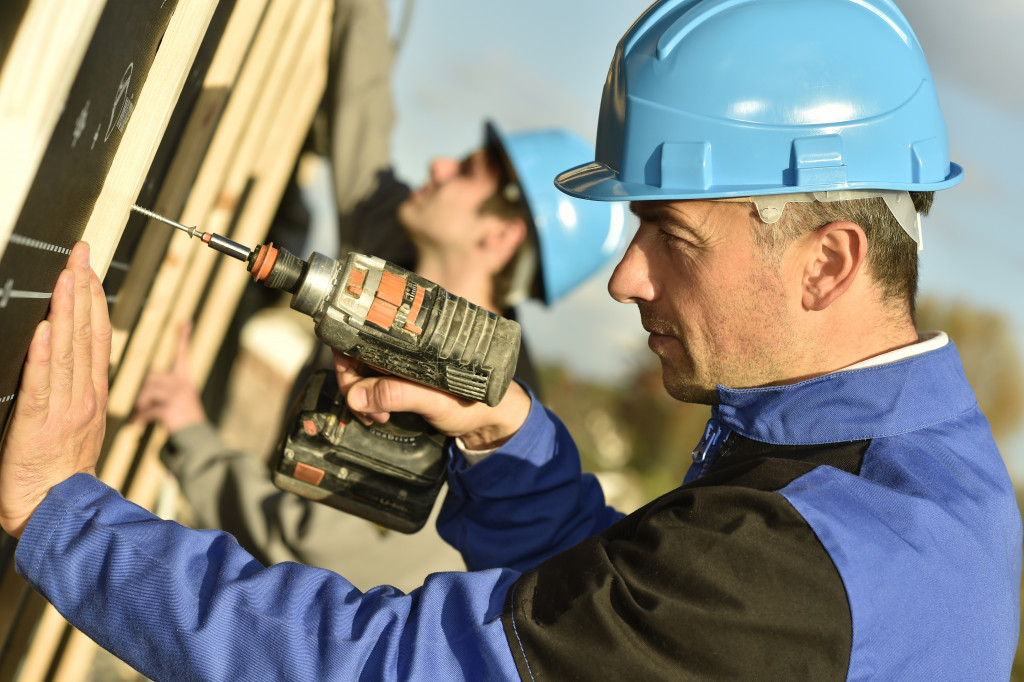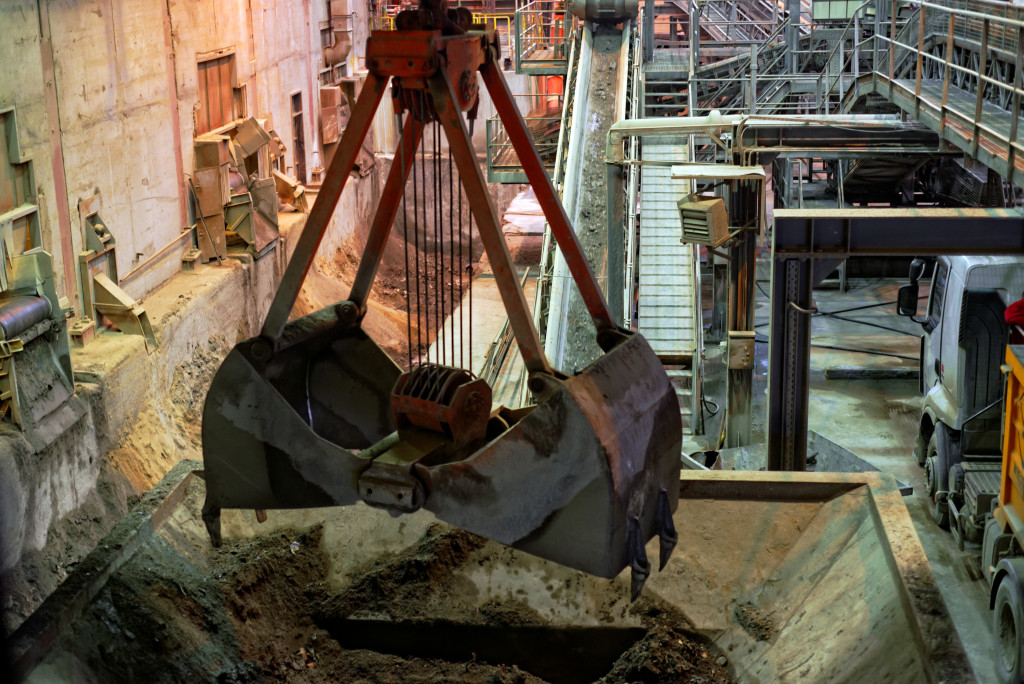If you’re in the business of home building, then you know that having well-maintained equipment is essential to getting the job done right. After all, construction equipment is expensive, and downtime can be costly. Here is a list of the top six home building equipment maintenance tips. By following these tips, you can help extend the life of your equipment and avoid costly repairs down the road.
1. Keep It Clean
One of the most important things you can do to prolong the life of your construction equipment is to keep it clean. After each job, be sure to wipe down your machines and remove any dirt or debris that could cause problems down the road. This will also help you spot any potential issues early on so that you can address them before they become serious problems. Here are some specific tips for keeping your equipment clean:
- Use compressed air to remove dirt and debris from small crevices
- Use a pressure washer or hose to clean larger surfaces
- Apply protective wax or polish to prevent rust and corrosion
2. Store Properly
Construction equipment is a big investment, and it’s important to take care of that investment by storing it properly. Construction equipment should be stored in a dry, sheltered area out of direct sunlight. If possible, store construction equipment indoors to protect it from the elements.
It’s also important to use proper support when storing construction equipment. For example, if you’re storing a Bobcat skid steer loader, ensure the bucket is empty, and the cab is upright. You can also invest in job site protection products, such as covers, to protect your equipment while in storage. These small steps can go a long way in preserving the life of your construction equipment.
3. Regularly Inspect and Service
In addition to keeping your equipment clean, it’s also important to regularly inspect and service it. Have a checklist in place to ensure that you are routinely checking for any potential problems or wear and tear on your equipment. Furthermore, ensure that you are following the manufacturer’s recommended service schedule. This may include oil changes, filter replacements, or other routine maintenance tasks.
Keeping up with these scheduled services can help prevent costly repairs and extend the life of your equipment. When having your equipment serviced, be sure to use only genuine replacement parts recommended by the manufacturer.

4. Use Proper Techniques
It’s important to properly train all operators on the proper techniques for using construction equipment. This includes not only how to safely operate the equipment but also how to properly handle materials and attachments. Improper usage can result in damage to the equipment and potential injury to the operator.
It’s also important to follow all safety protocols, such as wearing proper personal protective equipment and adhering to weight limits for lifting materials. Following proper usage techniques help prevent accidents and protect your investment in construction equipment.
5. Keep an Inventory
Having an inventory of your construction equipment can help you stay on top of maintenance and repairs. This inventory should include the make and model of each piece of equipment, serial numbers, and important service information. This inventory can also come in handy if a piece of equipment is stolen or damaged on the job site.
When creating your inventory, be sure to also keep track of any attachments or tools that go along with the equipment. It’s important to properly maintain and store these as well to ensure their longevity. You may also want to document any protective covers or storage systems used for your equipment.
6. Follow Manufacturer Guidelines
One of the best ways to properly maintain your construction equipment is to follow the manufacturer’s guidelines. This includes everything from cleaning and storage tips to scheduled services and proper usage techniques. While it may be tempting to take shortcuts or neglect maintenance tasks, following the manufacturer’s recommendations is crucial for preserving the life of your equipment.
If you have any questions about the proper maintenance of your construction equipment, be sure to consult the manufacturer or a trained professional. Taking care of your equipment now can save you time and money in the long run.
There you go! By following these tips, you can ensure that your construction equipment will last for years to come. Just remember to store properly, regularly inspect and service, use proper techniques, keep an inventory, and follow manufacturer guidelines. You’ll be on your way to keeping your equipment in tip-top shape. So, what are you waiting for? Get out there and start maintaining your construction equipment!

